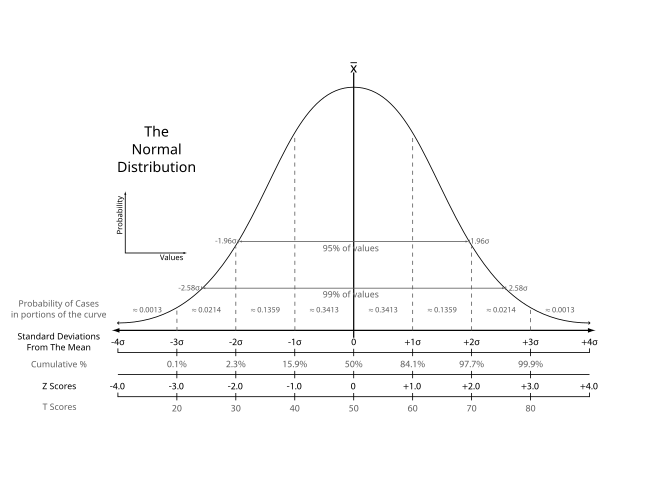Mathematicsnoun
An abstract representational system used in the study of numbers, shapes, structure, change and the relationships between these concepts.
Mathematicsnoun
A person's ability to count, calculate, and use different systems of mathematics at differing levels.
Mathematicsnoun
That science, or class of sciences, which treats of the exact relations existing between quantities or magnitudes, and of the methods by which, in accordance with these relations, quantities sought are deducible from other quantities known or supposed; the science of spatial and quantitative relations.
Mathematicsnoun
a science (or group of related sciences) dealing with the logic of quantity and shape and arrangement
Mathematics
Mathematics (from Greek: μάθημα, máthēma, 'knowledge, study, learning') includes the study of such topics as quantity (number theory), structure (algebra), space (geometry), and change (analysis). It has no generally accepted definition.Mathematicians seek and use patterns to formulate new conjectures; they resolve the truth or falsity of such by mathematical proof.
Statisticsnoun
A mathematical science concerned with data collection, presentation, analysis, and interpretation.
Statisticsnoun
The science which has to do with the collection, classification, and analysis of facts of a numerical nature regarding any topic.
Statisticsnoun
Classified facts of a numerical nature regarding any topic.
Statisticsnoun
The branch of mathematics which studies methods for the calculation of probabilities.
Statisticsnoun
a branch of applied mathematics concerned with the collection and interpretation of quantitative data and the use of probability theory to estimate population parameters
Statisticsnoun
the practice or science of collecting and analysing numerical data in large quantities, especially for the purpose of inferring proportions in a whole from those in a representative sample.
Statistics
Statistics is the discipline that concerns the collection, organization, analysis, interpretation, and presentation of data. In applying statistics to a scientific, industrial, or social problem, it is conventional to begin with a statistical population or a statistical model to be studied.





